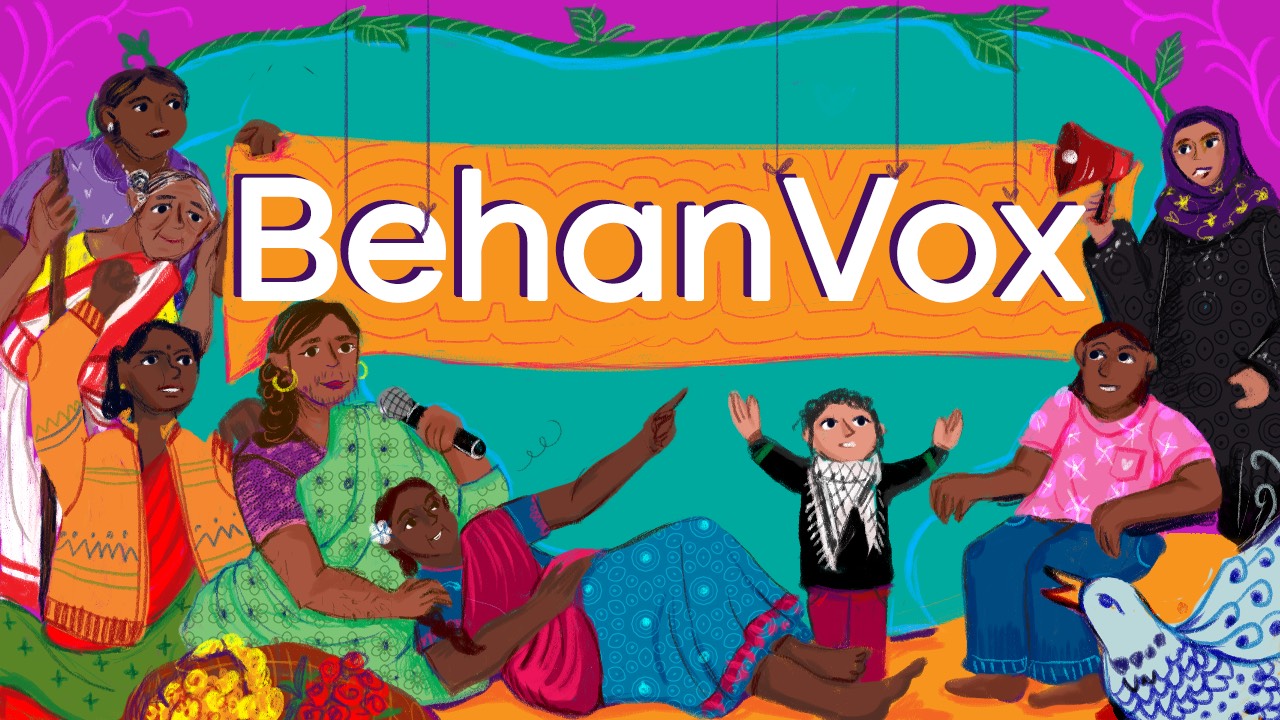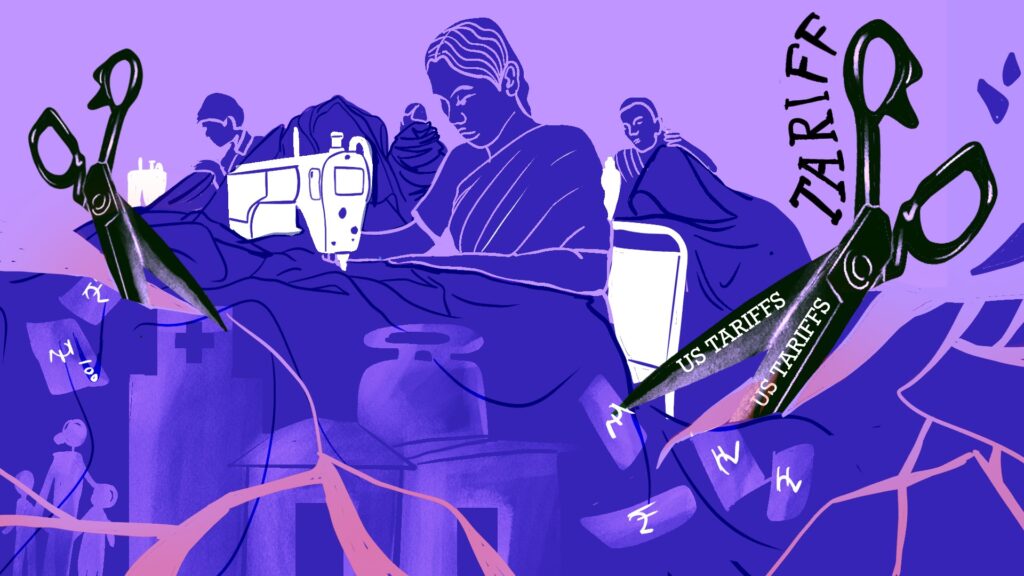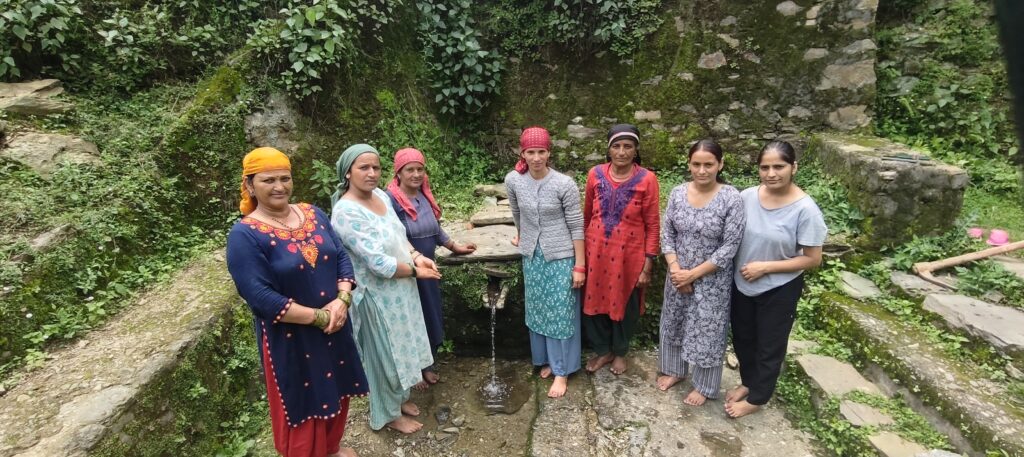The US trade tariffs, which we had hoped was a bad dream we would wake up from soon, have finally taken effect, hitting sectors that bring livelihood, job security and a path out of poverty and precarity to millions of workers. Textiles and apparels, leather, gems and jewellery, auto-parts, agricultural products and marine exports units, many of them small scale, are flailing to alternate markets.
Of these export-centric industries that bank on the US market, many rely heavily on women’s labour, especially leather, garments and marine products industries. One of the biggest employers of women is the textile industry – almost 70% of the 45 million workers in it are women.
To understand closely what the tariffs are doing – and will be doing increasingly over the coming months – to vulnerable women workers, researchers Nandita Shivakumar, Mitali Moharir, Shreya Murali reported from the garment manufacturing belt of Tamil Nadu. The state is the country’s largest exporter of textiles to the US and the manufacturers association expects a 50% drop in its businesses with tariffs sweeping in.
With a few hours of overtime, most women textile workers earn between Rs 11,200 and Rs 14,000 a month — barely enough to cover household expenses and loan repayments. They are already reporting an impending income crunch that will push them further into debt.
Seema, 43, a garment worker in Dindigul, and her husband together earned between Rs 16,000 and Rs 18,000 a month. It was just enough to cover the loan for their small one-room home and their son’s engineering college fees. That fragile balance collapsed when her factory, which supplies to US buyers, scaled down production after the new tariff regime made exports unviable. Workers at her factory are being told to either told to stay home without pay or work on non-US production lines with fewer hours. The first to be let go are usually contract workers like Seema.
“They told us there’s no work now for contract workers like me and they don’t know when they will call us back. I am already in debt for the house, and my son’s college fees are due. Now I’m scared he will have to stop studying,” said Seema, who owes Rs 4.5 lakh of debt to microfinance agencies and moneylenders.
For Erode-based Anitha, 26, the tariff shock comes on the heels of another disaster. Last year, heavy rains brought down the roof of her house. With limited access to formal credit, she and her mother were forced to borrow Rs 2.5 lakh from a moneylender at a monthly interest rate of 10%. The two work earn less than Rs 25,000 together a month and now her factory has cut production and moved workers onto rotation lines. Her mother’s work has been slashed to three days a week, halving her income. Currently, Anitha gets to keep her own job only because her line produces for a European brand.
An underreported fact is how these jobs are allowing the women in the state’s textile belt – with widespread incidents of domestic violence and dowry-related abuse – some semblance of autonomy, for instance, allowing them to walk out on abusive partners and raise children independently. This new vulnerability will end up rolling up many of these hard-won freedoms.
Even more vulnerable are the migrant women workers who cannot find employment in their home states. They are in no position to negotiate for fair wages or decent living conditions. “Layoffs mean we don’t just lose our wages —we also lose our rooms in the hostel. It can force us to suddenly go back to our villages, even if we want to stay and find other work here. There is nothing in our villages for us, and we don’t want to be pushed back,” says Aishwarya, a worker from Jharkhand.
But what can be done to ease the distress of these workers? The government needs to step in proactively before a financial crisis cripples their lives, say union activists. Short term, practical and innovative solutions are needed, they add.
Read our story here.






